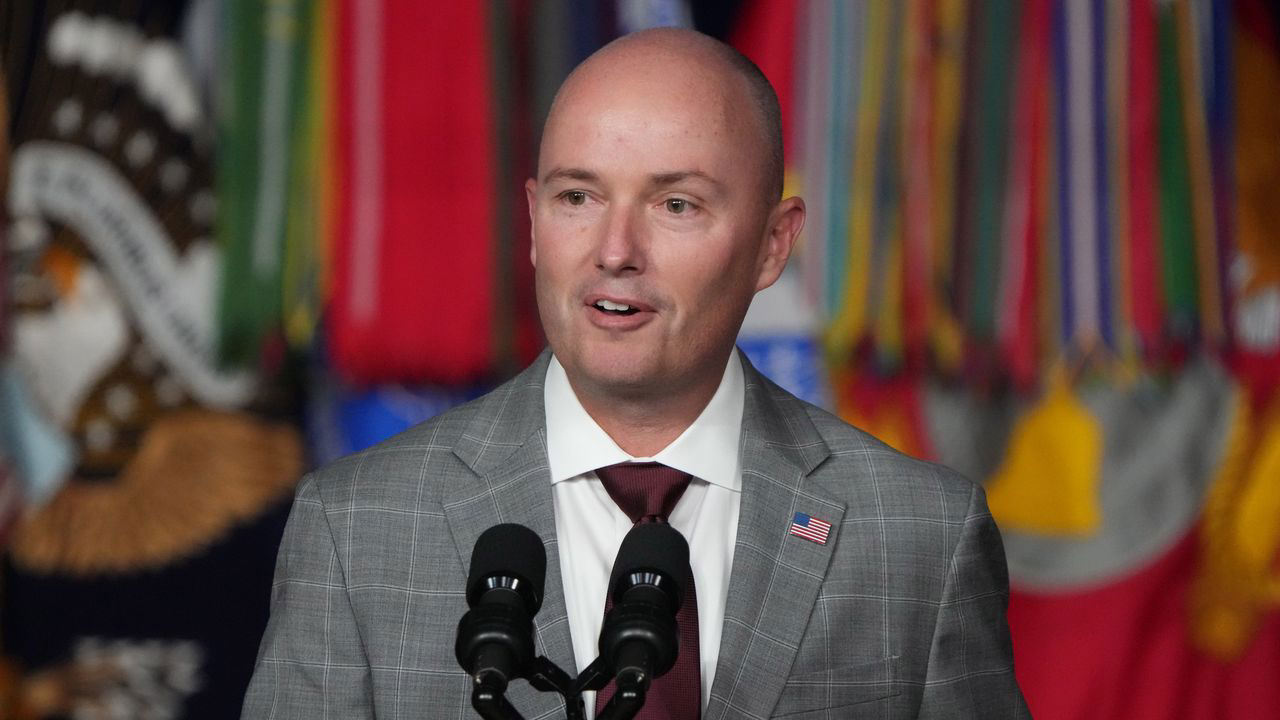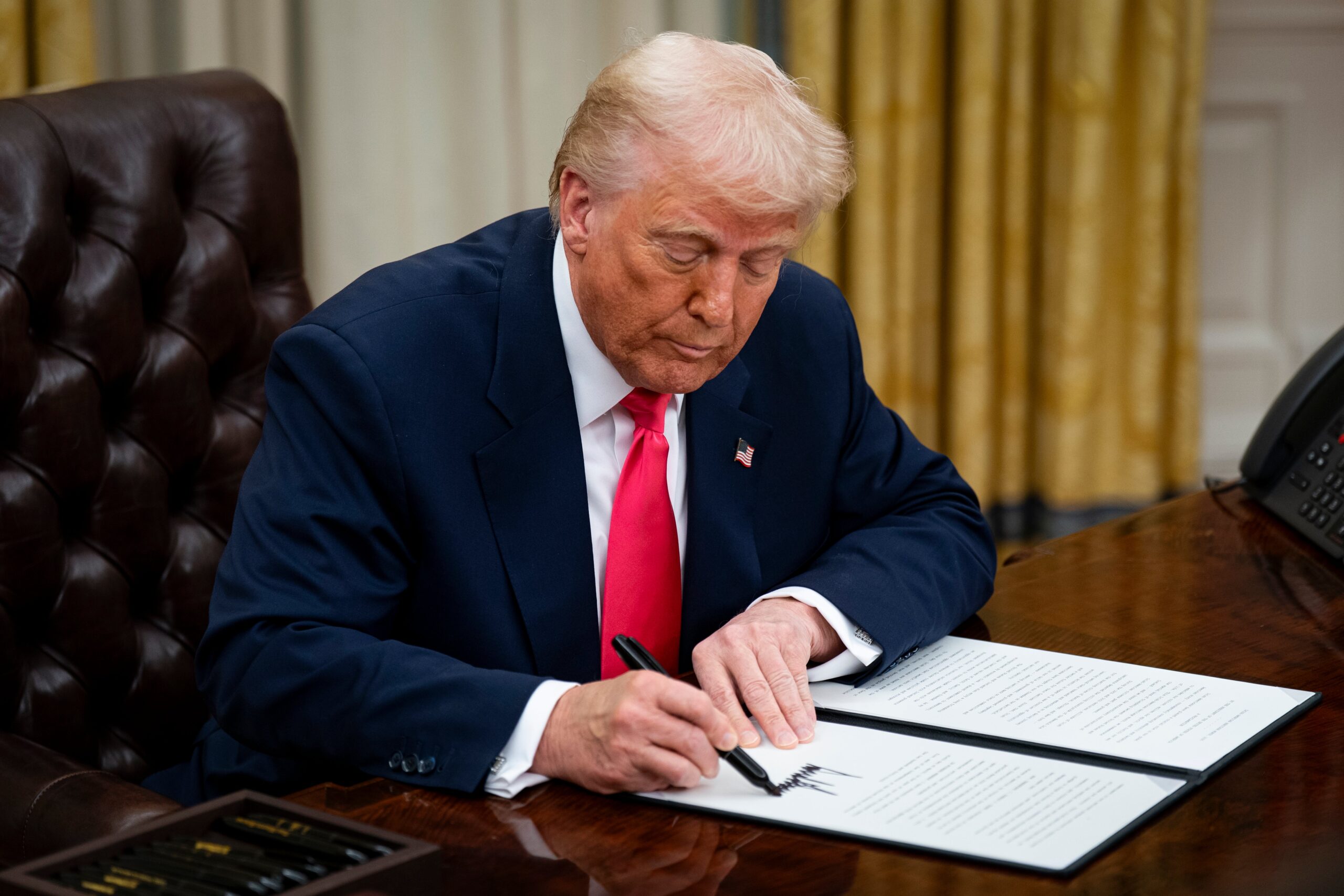
Utah Exits Bitcoin Reserve Passes Blockchain Bill
Utah’s State Senate has exited the Strategic Bitcoin Reserve (SBR) race after amending the proposed bill allowing the state treasury to invest in digital assets. The amended legislation is now headed to Utah Governor Spencer Cox’s desk to be signed into law.
Utah Passes Blockchain Bill
On March 7, Utah’s Senate passed House Bill 230 (HB230), the “Blockchain and Digital Innovation Amendments.” However, the state lawmakers amended the legislation to scrap the clause allowing the state to invest in digital assets. The legislation initially authorized the state treasurer to invest up to 5% of certain public reserve funds in “qualifying digital assets” and established requirements for their custody and management. To be considered for investment, a digital asset must have maintained a market capitalization of more than $500 billion over the past 12 months and not be a stablecoin. Bitcoin was the only cryptocurrency that met these requirements.

Utah Representative Jordan Teuscher introduced HB230 on January 21 and passed the House of Representatives vote 8-1 before proceeding to the Senate’s first reading. The bill passed the Senate Revenue and Taxation Committee reading on February 20 in a 4-2-1 vote and moved to the second and third readings in the full Senate. After passing the second reading, the Senate dropped the reserve clause on its third reading over “a lot of concern with those provisions and the early adoption of these types of policies,” stated Senator Kirk A. Cullimore on the March 7 floor session. Without the Bitcoin reserve clause, the bill only establishes basic custody protections for Utahns. It also provides the right to mine Bitcoin, run a node, develop software, and participate in staking without regulatory overreach.
According to Bitcoin Laws, “This bill establishes a comprehensive framework for digital asset regulation and blockchain technology in Utah, providing clear definitions and protections for individuals and businesses engaging with digital assets. (…) It prohibits state and local governmental entities from restricting a person’s ability to accept digital assets as payment or use self-hosted or hardware wallets.” The bill is now headed to Utah Governor Spencer Cox’s desk to be signed into law after passing the Senate with a 19-7-3 vote.
States Race to Establish Bitcoin Reserves
Despite Utah’s Bitcoin Reserve outcome, other US states remain in the race to become the first state to establish an SBR. Bitcoin Laws data shows Arizona has two BTC reserve bills awaiting a final floor vote in the Senate. Similarly, the Texas Strategic Bitcoin Reserve legislation, introduced in January, passed the Senate committee at the end of February and awaits its final vote. New Hampshire and Oklahoma have also advanced their proposals for an SBR at a state level. Meanwhile, bills from Florida, Georgia, Illinois, Iowa, Kentucky, Maryland, Massachusetts, New Mexico, North Dakota, Ohio, and other states remain live but are at the early stages of the legislative process.

It’s worth noting that US President Donald Trump recently signed an executive order to officially establish a Strategic Bitcoin Reserve and a “Digital Asset Stockpile.” Last Thursday, White House AI & Crypto Czar David Sacks announced that the reserve will be “capitalized with Bitcoin owned by the federal government that was forfeited as part of criminal or civil asset forfeiture proceedings.” The executive order followed President Trump’s March 2 announcement of a “US Crypto Reserve” to elevate the industry “after years of corrupt attacks by the Biden Administration.”
Final thoughts
This article highlights a significant shift in Utah’s approach to digital asset regulation, specifically about Bitcoin. The state Senate amended House Bill 230 (HB230) to exclude the previously proposed clause allowing Utah’s treasury to invest in Bitcoin or other digital assets. Initially, the bill aimed to allow up to 5% of certain public reserve funds to be allocated to qualifying digital assets, with Bitcoin as the only asset meeting the specified criteria. However, the bill was amended to remove this provision due to concerns over early adoption.
Despite this, the bill still establishes a solid regulatory framework for digital assets in Utah, focusing on protections for individuals and businesses, including the right to mine Bitcoin, run nodes, and develop software. The bill also ensures that individuals in Utah can use digital assets for payment and use self-hosted or hardware wallets without interference from state or local governments.







